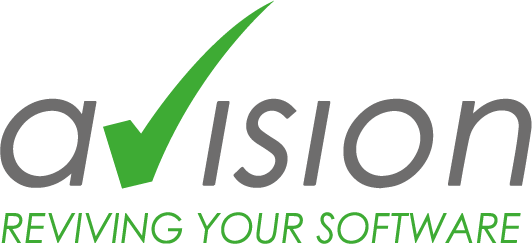The home office is here to stay – and that’s a good thing. However, companies don’t have to throw the concept of the office overboard because of this. On the contrary, they should rethink it and adapt it to the reality of the working world. A (short) hymn to the office and its post-pandemic benefits.
Until a few years ago, companies offering home offices were considered progressive. How times can change. After the pandemic-related break and a shift towards more liberal regulations on the choice of work location, employers can hardly afford not to mention a home office in the job description, especially not in the field of software development. But despite the many advantages of working from home, the need for the office has not completely disappeared – not even among developers. The personal contact with colleagues, the small talks in the hallway, the shared mocking of the coffee machine – somehow, we have all missed it at least a little. And despite the many nerd clichés about the programming guild: even IT people come to the office for the social component. Even at work, Zoom calls and emails cannot replace face-to-face communication. For example, it is easier to collaborate and exchange ideas with office neighbors because there is no need to call.
Should companies therefore force their employees to return to the office in the interests of productivity? No, rejection and incomprehension would be the understandable reactions. But that’s not even necessary, as there are many more shades to the decision than just black and white. Most employers are certainly aware of this and many employees have already returned to the office. However, if you really want to stand out from the crowd as an attractive employer and survive in the highly competitive job market in the future, you need to rely on hybrid models and offer your employees flexible working locations and hours. While the home office in particular has received a lot of media attention in the public debate, it seems as if the office has almost been forgotten by many companies and employees. We are doing it an injustice – because a central, physical location as a common meeting place can be much more than just a lifeless space. Let’s give employees the freedom to choose where they want to work and at the same time create real incentives to come into the office from time to time. Whether it’s event-related events, hackathons in the case of software development or joint coding and workshops on site: if employees see the added value and have good reasons for coming to the office, acceptance increases. This benefits the sense of community, strengthens the bond within the teams and can certainly convince one or two developers that working in the office does have its advantages.
Whatever the final design, companies should never make top-down decisions to change flexible working models from one day to the next. A return to the office by decree makes a mockery of all efforts to gain acceptance. So, let’s opt for hybrid models, enjoy the benefits of working from home and turn offices into places for open socializing with real added value – even developers will not oppose this.
This press release can also be found at www.pr-com.de/de/avision
Press contact
Avision GmbH
Christina Karl
Marketing
Bajuwarenring 14
D-82041 Oberhaching
Tel. +49-89-623037-967
christina.karl@avision-it.de
PR-COM GmbH
Melissa Gemmrich
Sendlinger-Tor-Platz 6
D-80336 München
Tel. +49-89-59997-759
melissa.gemmrich@pr-com.de



